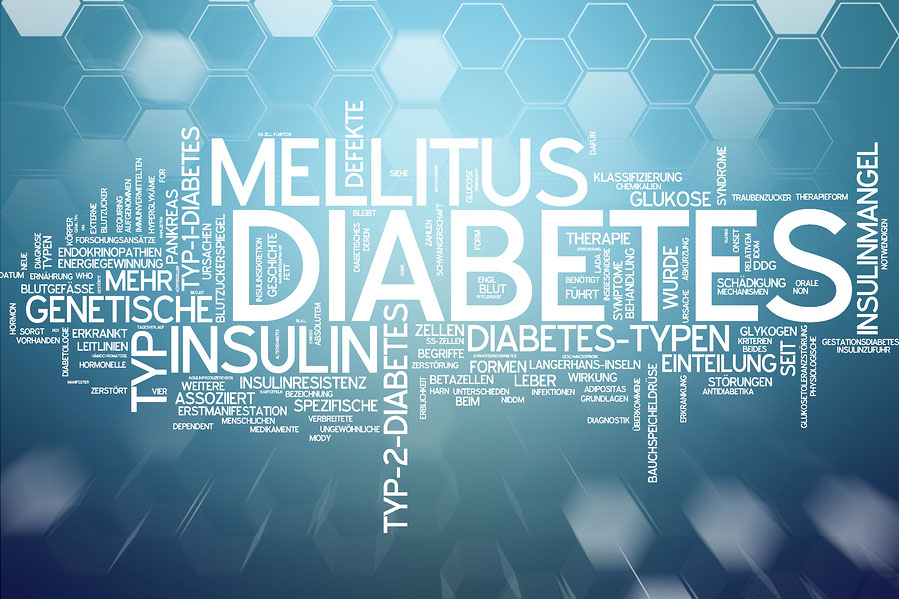
High blood sugar level, high blood sugar range, hyperglycemia, diabetes
Blood sugar, commonly known as glucose is the main source of energy in the human body. Every cell in the body must be provided with adequate glucose or deficiency of glucose in the body can cause severe health problems and the body itself will stop functioning. For a smooth functioning of the body, the blood sugar must be controlled and kept in balance. It must not be allowed to increase or to decrease. According to recent studies made on blood sugar, over twenty million Americans suffer from either low blood sugar (hypoglycemia) or high blood sugar levels (hyperglycemia). Generally, in hypoglycemia the blood has insufficient glucose to provide to the body tissues and in hyperglycemia glucose cannot be transported to the tissues due to excess blood sugar. Unbalanced glucose is the main cause for both, low blood sugar as well as for high blood sugar. Read about normal blood glucose levels and sunburn remedies.
The concentration of sugar or the levels of glucose in the blood indicates the glucose amount in the blood of humans or animals. Normally, the blood of a mammal has the glucose level / blood sugar level is in the range of 3.6 to 5.8 mm (mmol / I). It is strictly regulated, as part of metabolic homeostasis.
The average blood sugar level (blood glucose level) in normal human is 90 mg / dl, which corresponds to 5 mm (mmol / I) (because the molecular weight of glucose, C6H1206, is about 180 g / mol). In general, the amount of glucose in the blood of normal people is about 3.3 to 7 g (assuming a normal blood volume of 5 liters of adults plausible for the average adult male). Blood sugar level increases by a few grams after eating meals for one or two hours.
• Blood sugar levels are generally lower in the morning before the first meal of the day. • Glucose is transported through the bloodstream from the intestine (liver) to body cells.
• Glucose is the main source of energy for cells.
• Fats and oils are predominantly compact energy storage.
The lack of blood sugar within normal range results in hyperglycemia (high blood sugar levels) or hypoglycemia (low blood sugar). Diabetes, characterized by persistent hyperglycemia due to anyone of several reasons, is the well known disease of insufficient regulation of blood glucose in context.



